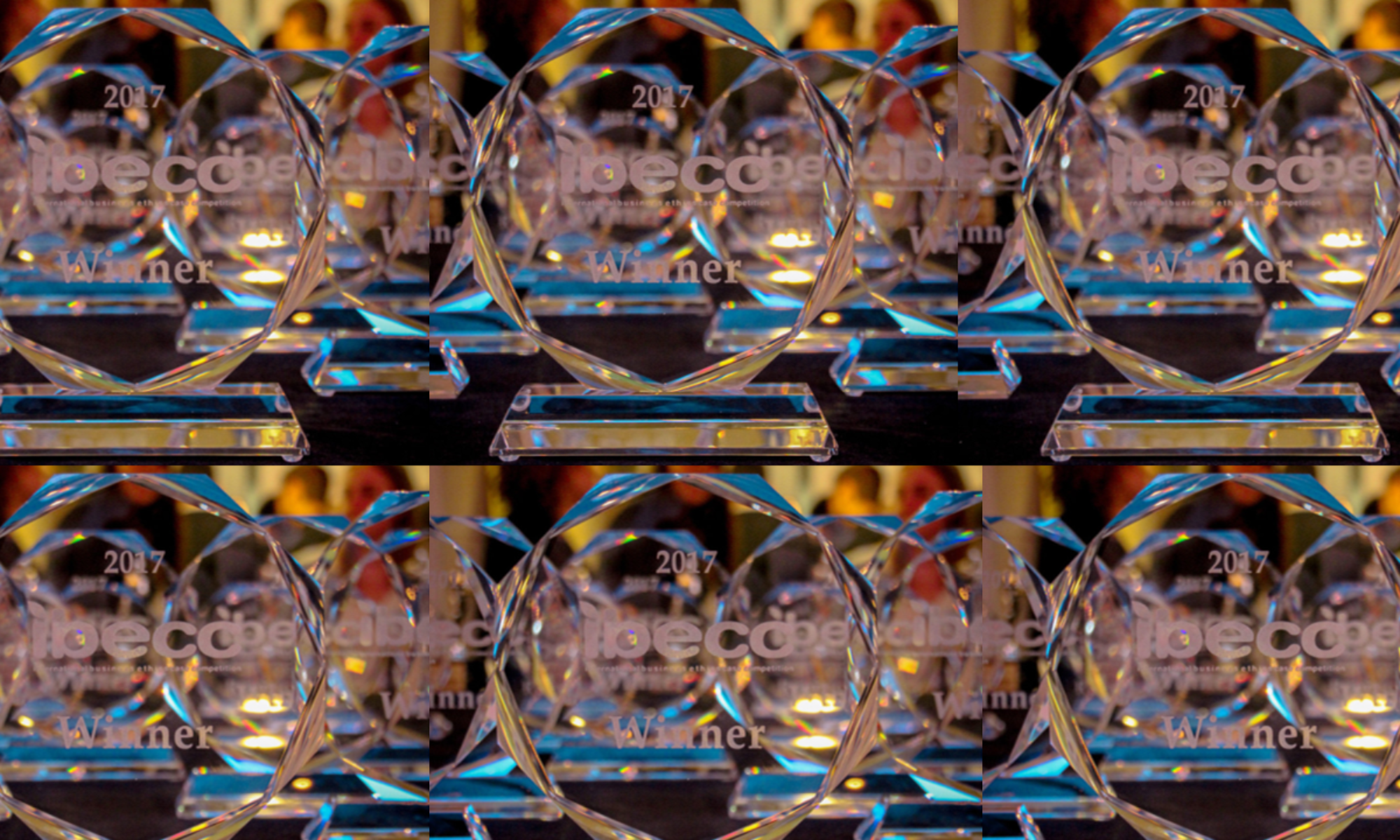- Click here for a brief introduction/refresher video for preparing to judge. (This is from 2023 when we were an online event, but all the basics are still the same.)
2. If you’re new to the event, please read through the “presentation guidelines” pages about the competition to get an overall sense of how we describe things to students. This is what we tell students to read, so you’ll know what they’ve been told what to expect. Also, please bear in mind the following when you decide how to handle the Q&A and when you fill out the judging form. Most students in the undergraduate division of the competition probably have had relatively few business courses. This is the first experience many of the students have had with such a comprehensive exercise. We want them to feel appropriately challenged in the Q&A, but not intimidated. In addition, please bear in mind that even though we ask students to address the legal and financial dimensions of the case, this is primarily a business ethics competition, not a business plan or a business law competition. Students have been instructed to explain the ethical issues in a simple and straightforward way in a way that is consistent with a secular, philosophical approach to ethics, and they have been advised to make it plain how these issues relate to business concerns. So, if you’re going to press them for more explanation, our preference would be for you to concentrate more on these issues than on financial or legal ones. In this regard, you might want to pay special attention to the way that we ask students to approach the ethical issues. See the “Handling the Ethical Issues” of the Presentation Guidelines page to see what we mean. Also, please watch the video that explains how we approach ethics at IBECC. Click here for the video.
3. If you’re new to the competition, please watch at least one earlier presentation. Here are links to three representative ones: University of St. Thomas (graduate), “Treasures Above, Riches Below: Copper-Nickel Mining in Northern Minnesota”; Catholic University (undergraduate); “People Before Profits: Ethics in Data Collection”; University of Massachusetts at Amherst (undergraduate). Please also watch the two videos on the ‘Essential Videos’ tab (under ‘Resources’). These are two that we ask students to watch. One is a brief introduction to how we approach ethics at IBECC; the second offers advice about presentations. You should also read this essay by Ken Goodpaster (University of St. Thomas): “Clarifying the Avenues for Ethics Analysis.”
4. Please familiarize yourself with the Thursday judging form. Click here for a copy of the entire judging form. You’ll find the online form on which you’ll enter your answers here. (This link will not be activated until Thursday, April 10.)
5. Friday judges will be asked simply to identify the top three teams in their session. This link will take you to the form. (This link will not be activated until Friday, April 11.)
6. A tip for online judges. Students will be about 10 feet from the microphone, so you’ll be able to hear much better if you use a headset or something like Air Pods.
